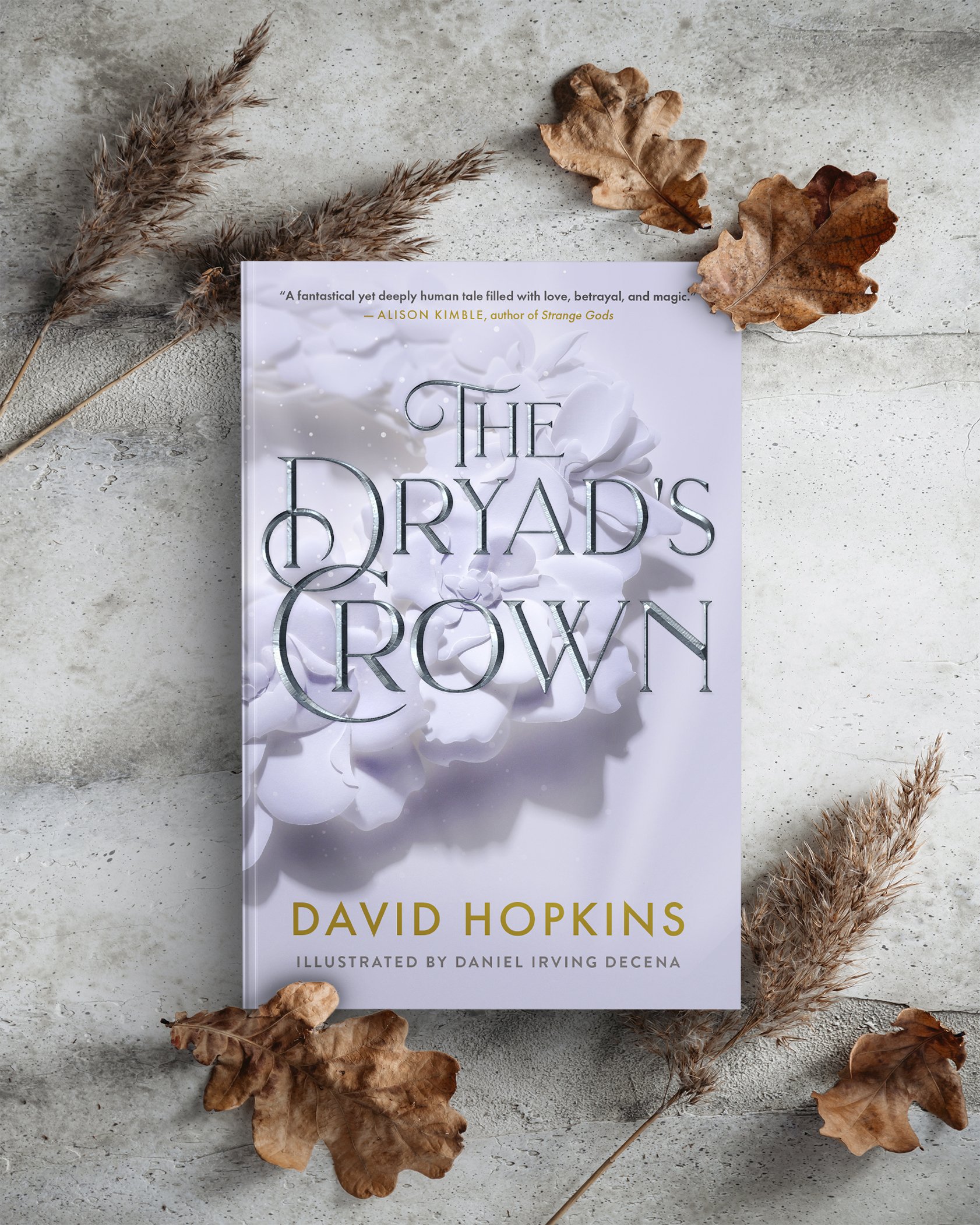"I didn't have time to write a short letter, so I wrote a long one instead." -- Mark Twain
The September issue of D Magazine is available. Buy a copy for yourself and a few more for the special people in your life. I wrote a short piece The Last Wasteland of Arlington for the Talk section. It's about the Viridian community development in North Arlington. My wife suggested the story to me. She drives past Viridian everyday when returning home from work. "You know that's a landfill across the street." "Really?" "Does it smell?" "Oh yeah." And so the conversation went. I talked with Al Linley, Chief Operating Officer, on the phone. And then, I met with Elvio Bruni, Senior Vice President, who gave me a tour of the site. Both presented a compelling case for how Viridian would succeed where other projects in that area had failed. They did not dodge the issues, and they spoke directly about the solutions. Huffines Communities is big enough and smart enough to make this thing work. They're working closely with the city, and they have a solid long-term plan for growing the community. But it's still a housing development across the street from a landfill and along the Trinity River. If I had the money (which I don't), I would get a house elsewhere. However, I've always looked at older, more established neighborhoods over the new developments. I like that Viridian is taking a balanced, mixed-use approach: retail and housing, development and preservation/conservation of natural wildlife, varied housing styles and price levels.
I delivered the story to Tim Rogers (this guy) at 472 words. He wanted me to add to and re-arrange aspects of the story, which brought it to 685 words, and then I cut it down to 437 words. Tim emailed me an edited version that came to 418 words. And then, when I read the final print version, I noticed a few more things were added.
Word counts interest me.
Sometimes I'll get a lot of this back and forth. Other times, I'll send it off and never see it again until it's in print. Either way, I'm thankful to have an editor. I learn something every time, and I become a better writer as a result. Occasionally, I have moments where I realize I'm not completely off base. When I first wrote the story, I had a favorite sentence in the first paragraph. It was my editor's favorite part too, and he moved it to the last sentence in the story. I'm most encouraged by these sort of "we're-on-the-same-page" moments--small victories that keep me writing. He points out an area of the story that's unclear, and I immediately see what he's talking about.
It's one thing to be a good writer. (I was a good writer in high school and college, compared to my peers.) It's another thing to contribute to a magazine filled with these incredible award-winning writers. "Good" doesn't seem good enough. I keep writing and writing, hoping that I can get just a little bit better.
This blog post is longer than the actual story (once again, read it here). It takes longer to write less.
